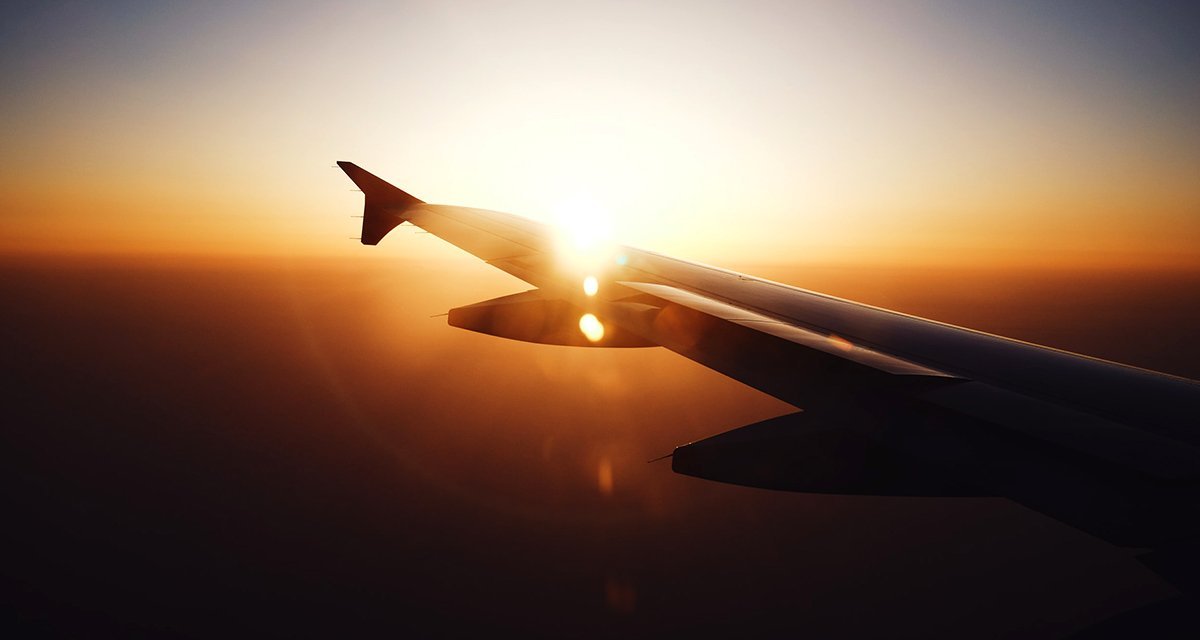“Take a nap before you fly,” “take a nap during”… “Oh, no, you have to take it after!” “Eat protein instead of carbohydrates.” “But you’re talking nonsense, it depends on whether you’re going east or west!” concludes a colleague. Everyone has their comment about jet lag, and it’s sometimes hard to get your head around it! Let’s clear this up.
Does jet lag exist?
Yes, jet lag isn’t an invention to sell wellness products or encourage us to book a business class ticket. It can be explained! To begin, let’s remember that we do have an “internal clock,” and that it gets out of whack. This internal clock is called by scientists the “circadian rhythm” (sleep-wake), and regulates waking and sleeping times using hormones, mainly cortisol and melatonin. If we travel across more than three time zones, our circadian rhythm is no longer in tune with local time. This is what we commonly call jet lag! Our body needs to reset its circadian rhythm to adapt.
🤔 What about the supposed difference in recovery if you go west or east? Legend or truth?
According to several studies, it’s true! You recover faster if you head west. Researchers in Chicago have managed to partially explain this. Several factors play a role:
- If we go west, we extend our day, and vice versa, if we go east
- Our bodies make it easier for us to accept “this excess of waking time” than to fall asleep early.
- This is, among other things, because on average, a person has a circadian sleep-wake rhythm of 24.5 hours rather than 24 hours.
Light also plays a role. It affects melatonin (the sleep hormone) by inhibiting its secretion. Our departure times will also vary the impact of jet lag on our fitness: if we arrive during the day, we’ll be more likely to stay awake to adjust to our new time zone, for example.
Are we all equal when it comes to jet lag?
Perhaps you’ve never experienced this unpleasant effect. You roll your eyes when your colleague comes back from vacation and complains about it, even though you would have happily left in their place. Is there inter-individual variability? Yes, mainly due to the duration of the circadian rhythm. It is on average 24.5 hours, but it can vary from one person to another. Some (lucky) people, thanks to the duration of their rhythm, will not experience this inconvenience. Because yes, jet lag can prevent us from enjoying a few days of vacation (already far too short). But does it have another impact on health, especially if we fly regularly?
Is jet lag harmful to your health?
Jet lag is a recent problem in our society. Few studies have been conducted to establish its link with possible health problems. However, we can extrapolate the jet lag we commonly think of (i.e., the jet lag we experience when traveling) to a more recent one: “societal jet lag.” Societal jet lag corresponds to the deregulation of the circadian rhythm due to society, and particularly to electronic devices. Societal jet lag has already been shown to be linked to poor blood sugar control in some diabetics. Although the direction of the relationship is not yet established, there is an association between psychiatric disorders ( such as depression ) and circadian rhythm deregulations, such as jet lag.
So, what do we take away from all this?
Jet lag is scientifically proven. It’s a problem that will continue to grow in our society. It corresponds to a deregulation of our circadian rhythm. If jet lag bothers you during your vacation, keep your strategy simple to reduce its impact. For example, by having a healthy lifestyle and strategically choosing your flight times 😉 If, on the other hand, you regularly experience the inconvenience of jet lag resulting from your work, don’t hesitate to talk to a doctor who can help you find solutions or refer you to a specialist. What if you considered teleconsultation? With MédecinDirect, you can consult a doctor 24/7 by letter, phone, or video, wherever you are. There are no upfront costs: this service is covered by your health insurance or your company!























+ There are no comments
Add yours